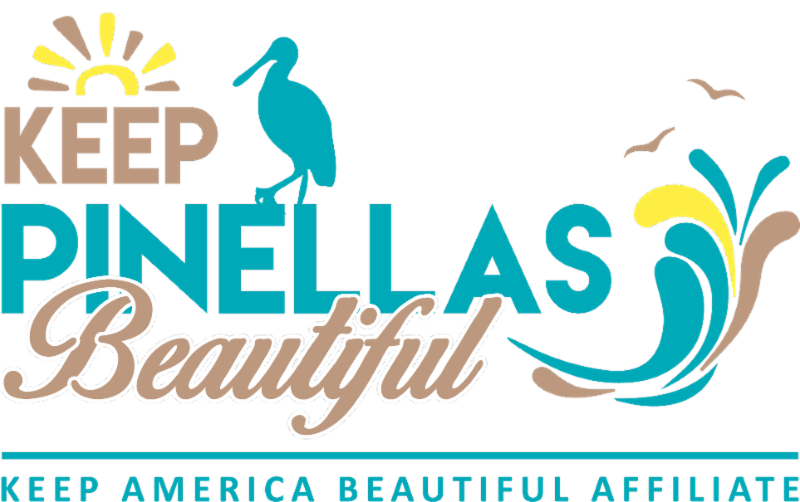Become a Citizen Scientist
Ocean and waterway trash ranks as one of the most serious pollution problems. Far more than an eyesore, a rising tide of marine debris threatens human health, wildlife, communities and economies around the world. Ocean trash is entirely preventable, and by collecting data, you can be a part of the solution.
Keep Pinellas Beautiful (KPB) is partnering with the Ocean Conservancy to host the 2023 International Coastal Cleanup (ICC) with events taking place between September 1st and October 31st. This annual event brings together volunteers in coastal regions to collect, count, and document the trash they find, acting as citizen scientists all over the world. The Ocean Conservancy then uses this data to study marine debris and release a yearly report detailing the most common types of trash found in coastal areas, the total weight of trash collected, and much more.
Since the first ICC in 1986, over 17 million volunteers have joined local cleanup efforts big and small to remove over 350 million pounds of trash from beaches and waterways around the globe, all the while logging each item and building the world’s largest database on marine debris, totaling to nearly 400 million items. During the 2022 International Coastal Cleanup, KPB removed 21,479.87 lbs of trash from Pinellas County with the help of 2,710 volunteers.
Why is data important?
Data collected from the International Coastal Cleanup have helped inform both science and policy. In 2022 and 2023 alone, over 50 peer-reviewed scientific papers and published book chapters cited ICC data. International Coastal Cleanup Data have also been used to support policies that tackle single-use plastics. In the last year alone, it has been used to support Illinois’ ban on foam foodware, Hawaii’s proposed plastic bottle ban, and Laguna Beach’s recently passed balloon ban.
Help KPB track our trash:
During the months of the International Coastal Cleanup, KPB will be supplying volunteers with paper data cards at every cleanup , so we can track the types of litter found in Pinellas County. The data we collect will then be sent back to the Ocean Conservancy for them to analyze and organize into their annual report. If you are acting as a KPB site captain throughout September and October, follow these steps to ensure a successful cleanup:
Pair up! Have one volunteer focus on recording the data on the sheet while the other person is picking up trash.
Volunteers should tally in groups of 5 and record the totals next to each category.
Site captains are responsible for adding up the Volunteer Forms and recording the data on the Coordinator Form.
ICC Forms will need to be returned to KPB in addition to the regular event report and liability waiver.
Share how you #SeaTheChange on social media and tag KPB!
To participate in one of KPB’s International Coastal Cleanup events throughout the months of September and October, visit our upcoming events page. For more information about ICC, check out Ocean Conservancy’s website or read last year’s annual report.

